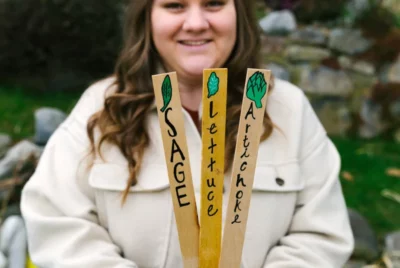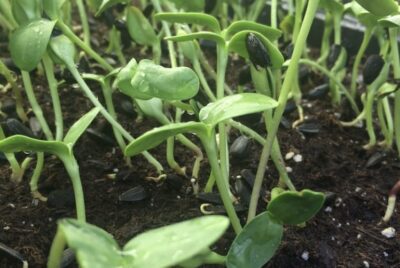RESEARCH
Nature-Based Activities Improve the Well-Being of Older Adults
Summary
This study investigated the effects of a therapeutic horticulture (TH) program on 47 older adults in Singapore (Mean=77.5). The researchers used an experimental pretest-posttest design, conducting the program over 6 months with participants from three senior day-care centers. The TH program included a mix of horticultural-based and nature art activities, such as growing vegetables, making sun-catchers, and creating terrariums. Sessions were held weekly in a public therapeutic garden.
The study measured various outcomes, including affective (using Visual Analogue Scale), cognitive (Mini Mental State Exam and Clinical Dementia Rating), functional (Pittsburgh Sleep Quality Index and Barthel Index), and psychosocial (Zung Self-Rating Depression and Anxiety Scales). Results showed that participants maintained healthy sleep patterns and psychological health, experienced reduced anxiety, and improved cognitive functioning. Additionally, participants reported increased happiness scores after each session. The researchers concluded that the nature-based intervention has potential benefits for older adults in tropical environments, providing evidence across affective, cognitive, functional, psychosocial, and physical domains.







